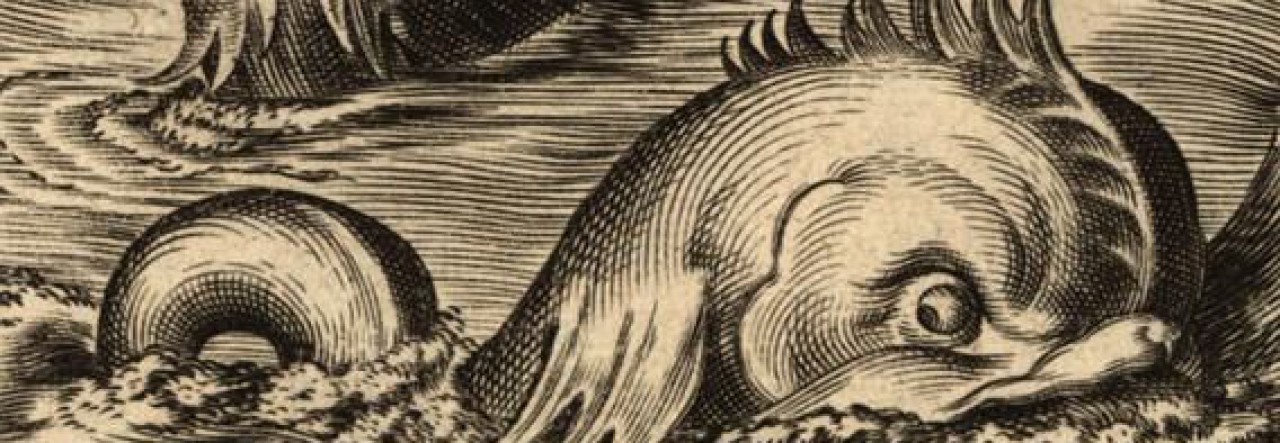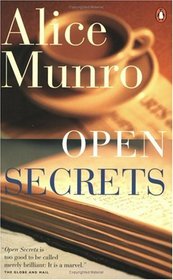Mia just got home from a three-day camping trip for her new school. It’s purpose was to get all the girls together for a few days to break the ice, have some fun, and make some friends before classes start next week. No girl comes to school a stranger. I think it’s a great idea, and I was very excited for her. While she was there, the principal sent out a couple of blanket emails to parents, letting us know what was up and assuring us that the girls were having a blast.
And she did. When I picked her up yesterday she looked tired and happy, and introduced me to new friends. She’s normally a quiet, shy girl, and to see her in this frothy mix of happiness and easy camaraderie was enormously gratifying to me.
When we got home she told me all about it. There was a campfire, and s’mores, and rope courses, and rock climbing, and canoe building, and river-hopping, and snail hunting, and skits, and god knows what else. There were spiders in the cabins at night, and she stepped on a wasp “THIS BIG!” There was an initiation ceremony at the end, so the girls were officially Hanger Hall girls. It sounded like an amazing experience.
After she was done telling me about it all, she got quiet, and stared off into space. It wasn’t a good quiet. I asked her what was wrong and she shook her head and said “Nothing,” but it was a weak deflection. I asked her again and she leaned her head into my shoulder and her eyes teared up.
“I missed out on the fun stuff because I was too scared,” she said. “I was too scared to swing on the ropes. And I only got five feet up the rocks before I came down, and all the other girls went all the way to the top!”
“Now you regret not doing it?” I asked.
She nodded her head. “It seems like I’m always backing down,” she said.
I put my hand on the back of her head and pulled her in. The thing is, I knew exactly how she felt. I told her about a time I went to sea camp when I was a kid in Florida. It lasted a few days, like Mia’s, and the highlight of the trip for all of us was the shark pit.
The shark pit was a huge, murky salt water pool in the center of the camp, where several non-kid-eating sharks lived. Every day a group of us would get to swim around in there, with our snorkels and masks. We were advised that in order to see the sharks, it was best to swim out toward the middle of the pool; it was deeper there and that’s where they liked it. We only had ten minutes, so we were advised to not waste time.
My group was picked for the last day. I couldn’t wait. Like many boys my age, I was a shark nut, and I had a small library of books about them at home. Nothing else we did that weekend mattered to me. It was all about the sharks.
But when I finally got in, splashing in from the shore until the bottom dropped out and I was floating over empty space, peering through my mask at a blackness thronged with drifting motes of plant matter and foam, I was overcome by a primal fear.
Sharks are in here. Are you fucking kidding me?
Fear stopped me cold. So I swam around the outskirts of the pool, listening to the splashing of the other kids in my group with a dismayed frustration as the braver among them powered out to the middle. I heard their voices raised in fear and excitement. I was eating myself alive. Get out there. Get out there. But I couldn’t bring myself to do it.
Finally, when I knew that time was almost up, the shame managed to overcome the fear, and I moved toward the center. A little. Maybe six more feet. Still far from the true middle. I had my mask in the water, and all I could see was a briny dark. I couldn’t figure out how anybody could see anything in here at all.
And then a shovelhead shark — probably about five feet long, but it seemed as big as a train car at the time — emerged from the murk below me. It was a monster from another age: weird, tooth-spangled, predatory. It was a member of a species that was designed to kill me, and it was mere feet away. I felt exalted. It gave one gentle twitch of its powerful caudal fins and surged ahead, disappearing again.
Less than a minute later the whistle blew, and we had to get out. I listened as the braver kids talked about the different sharks they had seen. I was shamed by my fear; more so because I had finally caught a glimpse of the terrible beauty that was down there, and I knew I could have seen more.
That day has never left me. And I use it still to spurn myself on. When I’ve done things that were reckless, or a little foolhardy, it’s often because I’ve taken that memory down from its shelf and studied it. I moved to New Orleans without a job or a home because of it. A few years later I moved to New York under the same conditions. I’ve told a woman I loved her because of it, though I knew I had no business doing so.
Sometimes it’s worked out, and sometimes it hasn’t; but I have fewer regrets now than I might have had. And I think that’s important.
I told Mia about that day. I told her I still regret not having done it. That I knew exactly what she meant. And I told her that one of the reasons people go to camps like that is to learn a little something about themselves. That usually that didn’t happen, but that she’d been lucky, because for her it did. Not that she was afraid; because everybody is afraid, and learning that is no wisdom. She learned that when she gave in to that fear it cost her self-respect, and it deprived her of an experience she wishes that she’d had. I told her that the next time she was faced with a situation like that, she would have this memory to inform her.
She seemed genuinely calmed. Her eyes had dried up and she just leaned onto me for a few minutes. (It never hurts to tell your kid of an even worse thing that happened to you to help them feel better about themselves.) And then she got up and went about her day.
She gets to go again next summer. She’ll get another chance.
And I have become so complacent. In my job, in my life. I’ve become enslaved to old pains; new fears have taken deep root. And there’s that memory, gnarled and dust-covered. I find myself staring at it.
I find myself thinking ceaselessly of that shark, sliding from darkness into darkness.
It’s terrifying. It’s gorgeous.











